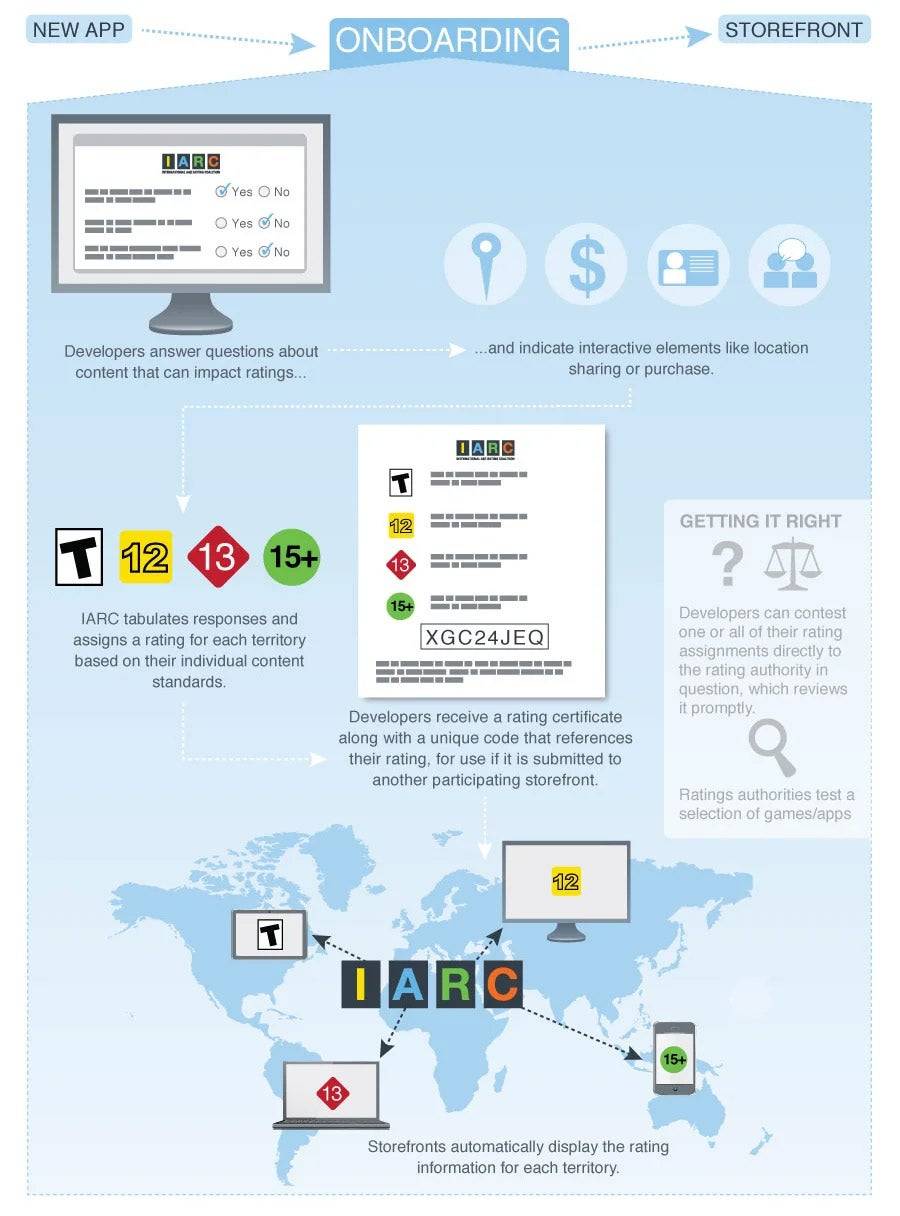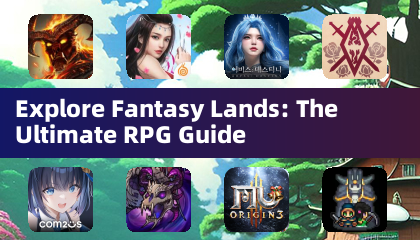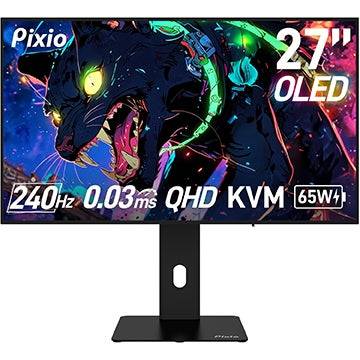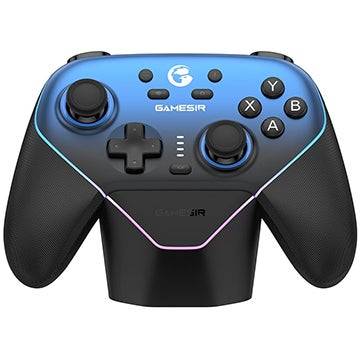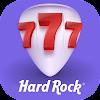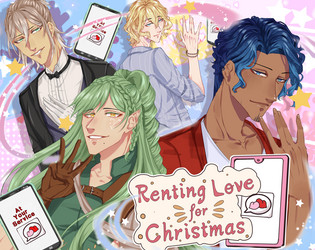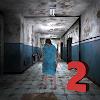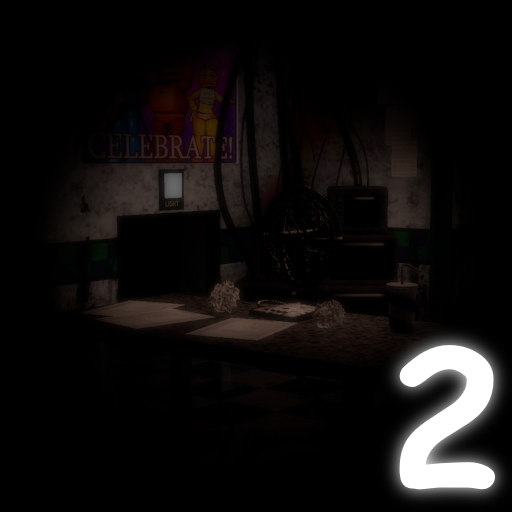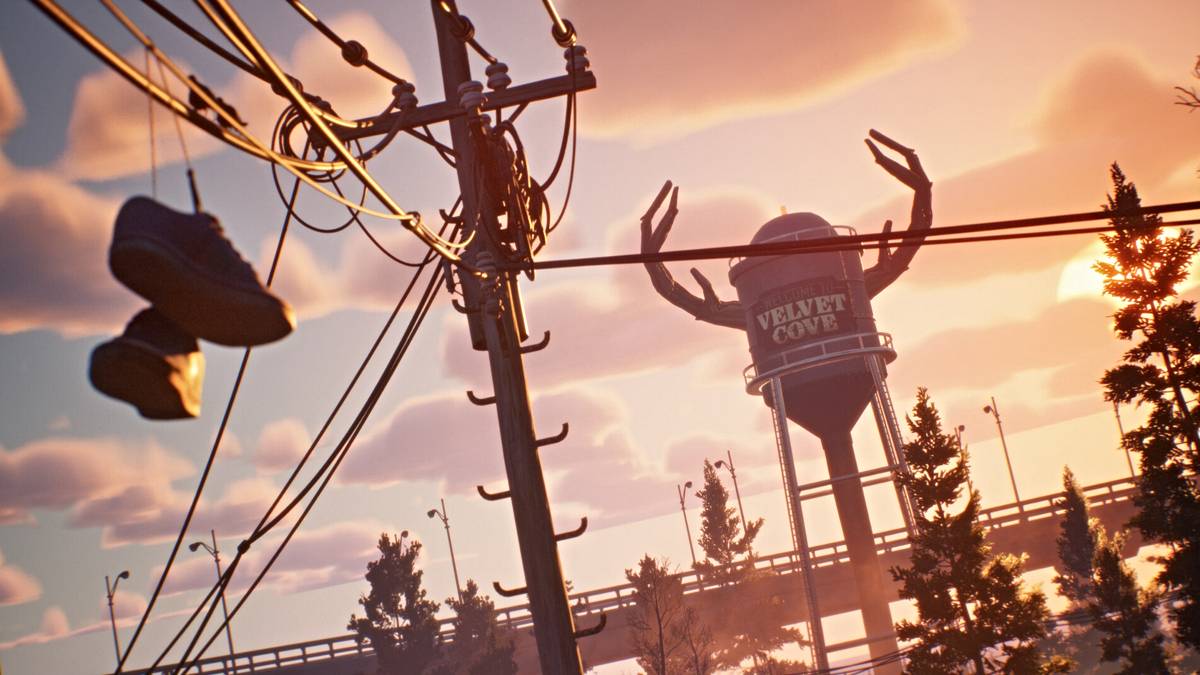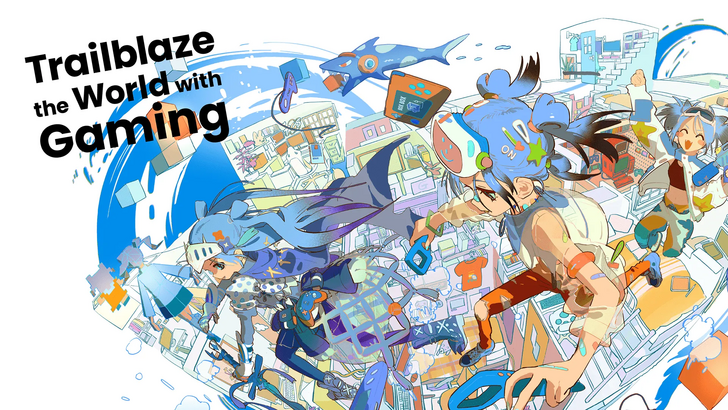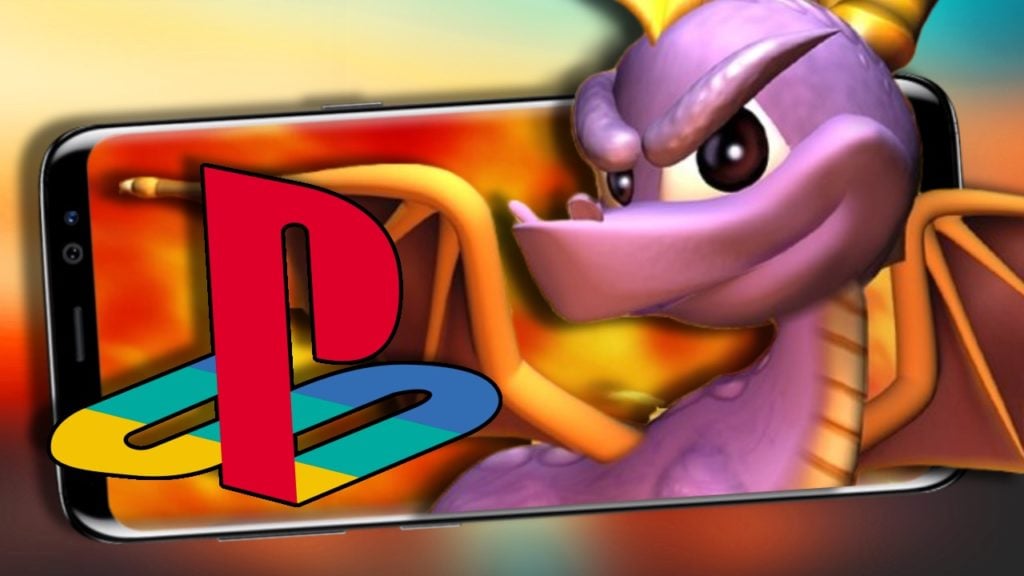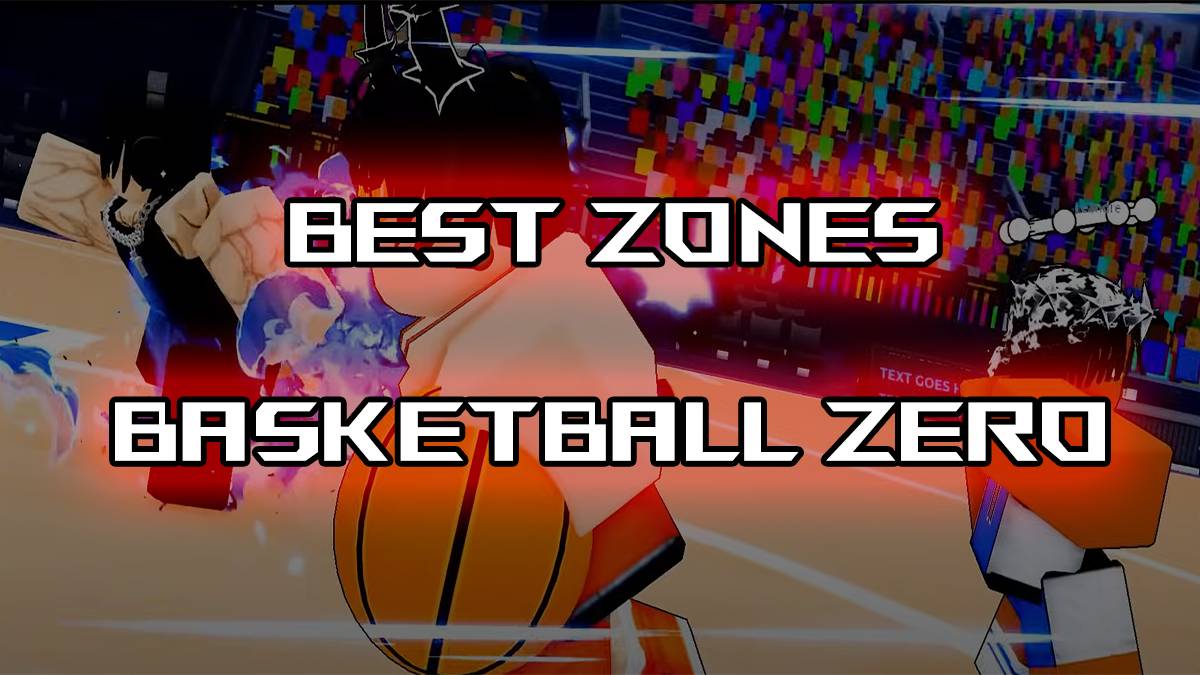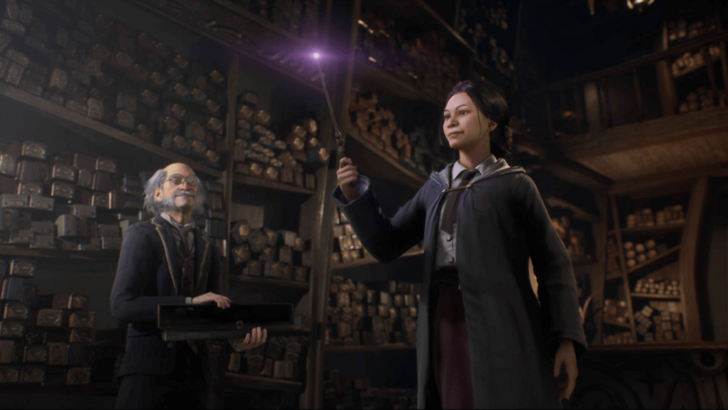Konami's highly anticipated game, Silent Hill f, has encountered a significant hurdle in Australia, being refused classification (RC) by an automated rating tool. This decision currently prevents the game from being sold within the country. However, it's crucial to note that this rating was assigned by an automated tool managed by the International Age Rating Coalition (IARC), rather than by the Australian Classification Board directly. Given past precedents, there's a likelihood that this initial classification might not be the final word on the matter.
Konami does not handle its own distribution in Australia; instead, it relies on a third-party partner. IGN has reached out to this partner for further comments on the situation.
The exact reasons behind Silent Hill f's RC rating have not yet been disclosed. Since the introduction of an adults-only category (R18+) for video games in Australia in January 2013, games are typically refused classification for specific reasons such as sexual activity involving a character who appears to be under 18, visual depictions of sexual violence, or linking rewards to drug use. A previous Silent Hill title, Silent Hill: Homecoming, was initially refused classification in Australia due to a high-impact torture scene. This was before the R18+ rating existed, which now accommodates high levels of violence. After adjustments to the scene's camera angles, Silent Hill: Homecoming was released in Australia with an MA15+ rating.
It's important to understand that Silent Hill f's RC rating in Australia was determined by the IARC's online tool, which is designed for mobile and digitally delivered games. This tool uses a questionnaire to assess a game’s content and automatically assigns ratings based on the standards of participating countries, including Australia. The IARC tool was adopted in Australia in 2014 to cope with the overwhelming number of games released on digital platforms like the iOS app store. However, there have been instances where the IARC's automated ratings have been higher than those assigned by human raters on the Australian Classification Board, leading to confusion and sometimes incorrect bans.
The IARC tool is free, making it particularly beneficial for small publishers and developers. Nonetheless, all physical game releases in Australia must still be rated by the Classification Board. If Silent Hill f plans a physical release, it would require a submission to the Board regardless of the IARC rating. The Classification Board has the authority to override any IARC-assigned classification if it deems necessary.
In Australia, game publishers can employ staff as accredited classifiers or authorised assessors. Accredited classifiers undergo training from the Classification Board and can make official classification decisions. In contrast, authorised assessors can only recommend a classification to the Board, which then makes the final decision.
At this stage, it's premature to determine if Silent Hill f's RC rating will be upheld following further review. Interestingly, Silent Hill f has achieved an 18+ rating in Japan, marking it as the first in the series to receive such a certification there.
